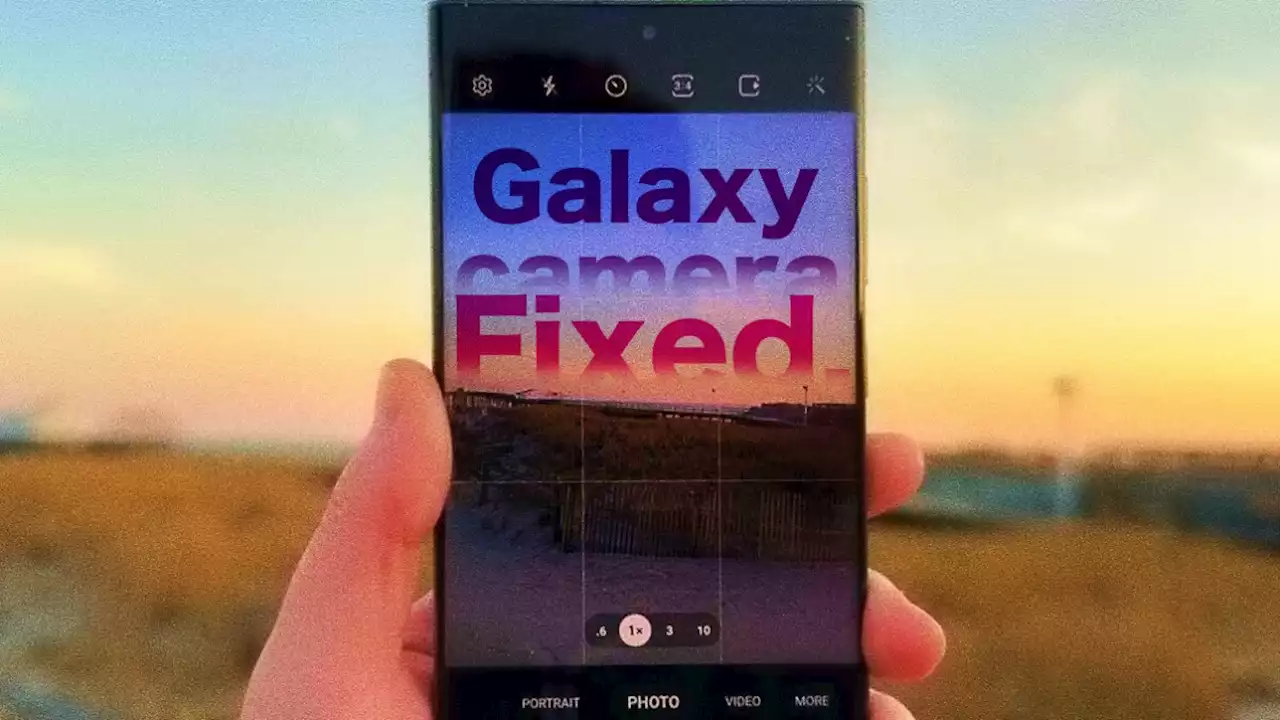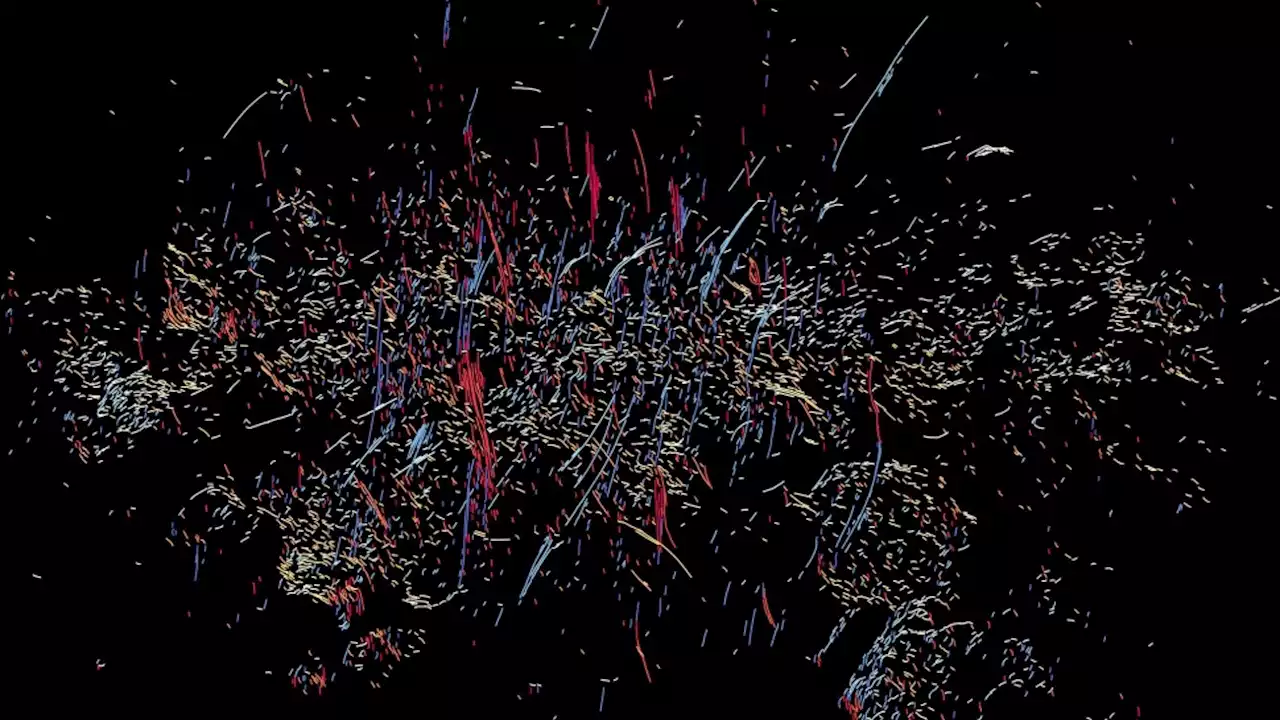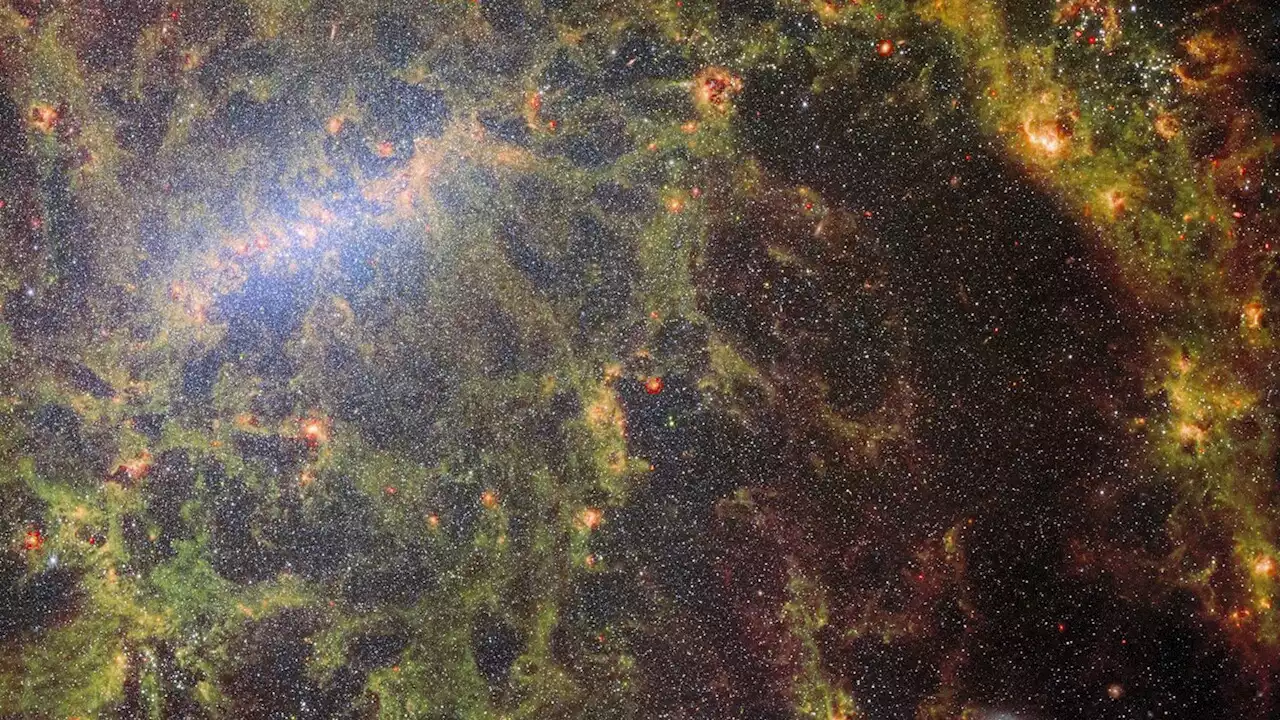Hot foldable summer!
,
a news editor who writes about technology, video games, and virtual worlds. He’s submitted several accepted emoji proposals to the Unicode Consortium.Samsung’s next Galaxy Unpacked event, where it typically reveals new smartphones and other gadgets, is scheduled for sometime in late July,. For the first time, it will take place in Seoul, South Korea. Like other recent summer Unpacked events, expect the 2023 iteration to focus on foldables.
“The foldable category embodies Samsung’s philosophy of delivering innovation that pushes boundaries to reshape the future of mobile experiences,” TM Roh, Samsung’s president and head of its mobile experience business, said in a statement. “Hosting Unpacked in Seoul holds great significance both as it is a city that has become an emerging epicenter of innovation and culture as well as the foldable category.”.
United States Latest News, United States Headlines
Similar News:You can also read news stories similar to this one that we have collected from other news sources.
 Galaxy users need this camera fix: Turn your Galaxy S23 Ultra into the camera Samsung failed to makeSamsung's weird choices ruined the Galaxy S23 Ultra’s camera for millions of users but this will help you fix it forever! It works on almost all Galaxy phones.
Galaxy users need this camera fix: Turn your Galaxy S23 Ultra into the camera Samsung failed to makeSamsung's weird choices ruined the Galaxy S23 Ultra’s camera for millions of users but this will help you fix it forever! It works on almost all Galaxy phones.
Read more »
 Galaxy S23 users won't have to wait long for Android 14 betaThe Galaxy S23 series is expected to get the first Android 14 beta soon.
Galaxy S23 users won't have to wait long for Android 14 betaThe Galaxy S23 series is expected to get the first Android 14 beta soon.
Read more »
 Galaxy Z Flip 5 camera: everything we know so far (spoiler, it's not much)The Galaxy Z Flip series is long due for some kind of upgrade to its camera system, and Samsung is almost certainly looking to add one or two. But what are they?
Galaxy Z Flip 5 camera: everything we know so far (spoiler, it's not much)The Galaxy Z Flip series is long due for some kind of upgrade to its camera system, and Samsung is almost certainly looking to add one or two. But what are they?
Read more »
 Scientists discover mysterious cosmic filaments at the heart of Milky Way galaxy'It was a surprise to suddenly find a new population of structures that seem to be pointing in the direction of the black hole.'
Scientists discover mysterious cosmic filaments at the heart of Milky Way galaxy'It was a surprise to suddenly find a new population of structures that seem to be pointing in the direction of the black hole.'
Read more »
 James Webb captures detailed image of star birth in barred spiral galaxy'Webb's dual vision is helping us to see star-forming regions — such as galaxy NGC 5068 — as never before,' NASA explained in a social media post.
James Webb captures detailed image of star birth in barred spiral galaxy'Webb's dual vision is helping us to see star-forming regions — such as galaxy NGC 5068 — as never before,' NASA explained in a social media post.
Read more »
